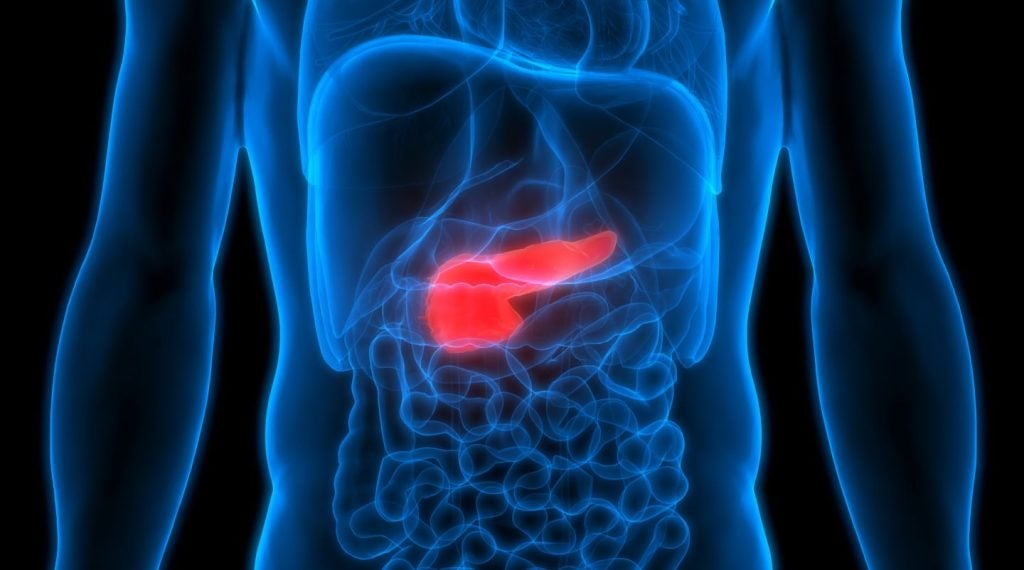Catalan biopharmaceutical company AbilityPharma has secured a €7m ($7.65m) investment to progress its Phase IIb clinical trial of ABTL0812, an autophagy inducer that targets metastatic pancreatic cancer.
The investment round included contributions from a European-Canadian life sciences syndicate consisting of CTI Life Sciences Fund, Inveready, the EIC Fund, Fitalent and CDTI Innvierte.
It also saw support from company founders, family offices IVAMOSA and GESAMO, and a collective investment campaign on the Capital Cell platform.
AbilityPharma will use the capital infusion to advance the Phase IIb clinical trial that is currently underway.
The international Phase IIb trial of ABTL0812 is being conducted in 23 hospitals across Spain, the US, France and Israel.
The double-blind, placebo-controlled study evaluates the compound along with the chemotherapy regimen FOLFIRINOX to establish its superior efficacy compared with the current standard of care.
All 140 subjects required for the study have been recruited and efficacy results are anticipated by the end of the year.
If the trial demonstrates superior efficacy, AbilityPharma expects to secure additional financing for the final development stages of ABTL0812.
The company also aims to license the molecule to multinational pharmaceutical or biotechnology companies to conclude its development to offer ABTL0812 to pancreatic cancer patients by 2028.
ABTL0812 is an orally administered molecule that has shown the potential to transform the treatment paradigm for first-line pancreatic cancer.
Its novel mechanism of action induces selective autophagy in tumour cells while sparing healthy cells.
AbilityPharma executive chairman, CEO and co-founder Carles Domènech said: “We are thankful to CTI Life Sciences, Inveready and the EIC Fund for completing this financing round, and to all our new and existing investors for their confidence in our team and for their support to our goals.
“This investment will allow us to continue working tirelessly on taking ABTL0812 to patients with pancreatic cancer.”









